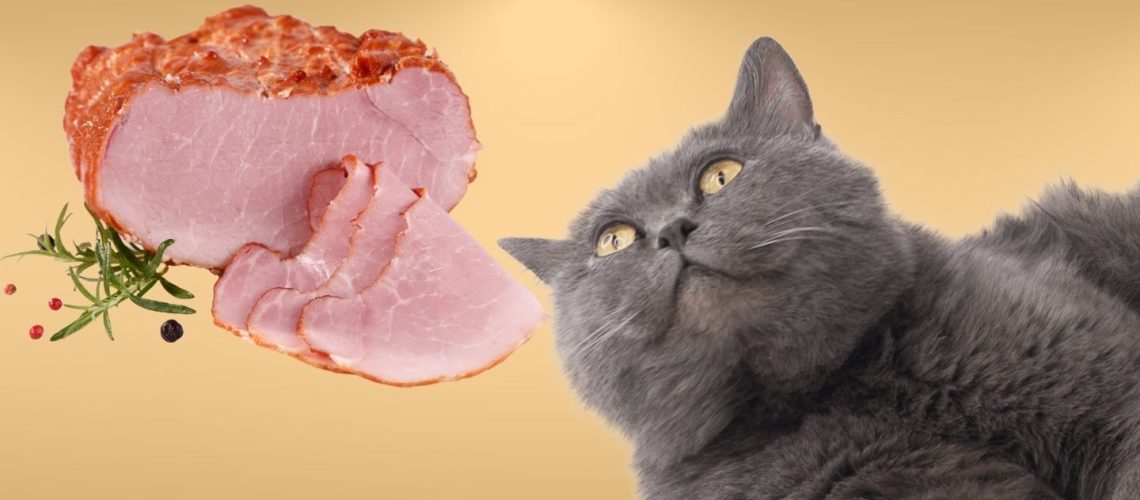Can cats eat ham? The short answer is no; cats should not eat ham. While ham is a common food for humans and may even have some health benefits, it is not a good choice for cats. Ham, as a processed meat product, is not a natural part of a cat's diet and can cause digestive problems and other health issues if eaten in large quantities.
Why Is Ham Bad for Cats?
Ham is a type of processed meat that is made from pork. It is often cured, smoked, or seasoned with various herbs and spices, which can make it flavorful and appealing to humans. However, the high salt content in ham can be harmful to cats. Cats have a low thirst drive, so they do not drink as much water as other animals. As a result, they may not be able to flush the excess salt out of their system, which can lead to dehydration and other health problems.
Can Cats Eat Ham in Small Amounts?
While ham is not a good choice for a cat's regular diet, a small amount of ham as an occasional treat is unlikely to cause any harm. However, it is important to keep the portion size small and to avoid feeding your cat ham on a regular basis. It is also important to avoid feeding your cat ham that has been cooked with spices or other ingredients that could be harmful to cats.
What Should Cats Eat Instead?
Cats are obligate carnivores, which means they have a dietary requirement for meat. In the wild, cats would eat a diet that consists mostly of small prey animals, such as mice, birds, and insects. Domestic cats should be fed a diet that is similar to their natural diet, which means that it should be high in protein and low in carbohydrates. Commercial cat food is designed to meet a cat's nutritional needs, so it is a good choice for most cats. If you are unsure what to feed your cat, it is best to consult with your veterinarian for advice.
Ham Alternatives for Cats
If you want to give your cat a treat or a meat snack, there are better options than ham. Some safe alternatives include:
Plain, cooked chicken
Chicken is a lean meat that is high in protein and low in salt, making it a healthy option for cats.
Plain, cooked turkey
Like chicken, turkey is a lean, low-salt meat that is safe for cats to eat in moderation.
Commercial cat treats
Many pet stores and supermarkets offer a wide range of cat treats designed specifically for feline nutrition.
Dangers of Feeding Human Food to Cats
Feeding your cat human food can be risky due to differences in nutritional requirements and the potential for harmful ingredients.
High salt content
Many human foods contain high levels of salt, which can be dangerous for cats.
Toxic ingredients
Some common human food ingredients, such as onions, garlic, and chocolate, are toxic to cats.
Unbalanced nutrition
Feeding your cat human food can lead to an unbalanced diet and potential nutritional deficiencies.
Symptoms of Ham Toxicity in Cats
If your cat has consumed a large amount of ham, it is important to monitor them for any signs of health issues. Symptoms of ham toxicity in cats may include:
- Vomiting
- Diarrhea
- Lethargy
- Excessive thirst
- Loss of appetite
If you notice any of these symptoms, contact your veterinarian right away for advice.
Conclusion
While a small amount of ham may not cause immediate harm to your cat, it is not a recommended part of their diet. Cats should be fed a balanced, high-protein diet specifically designed for their dietary needs. If you do choose to give your cat a treat, opt for healthier alternatives, such as plain cooked chicken or turkey, or specially-formulated cat treats.











